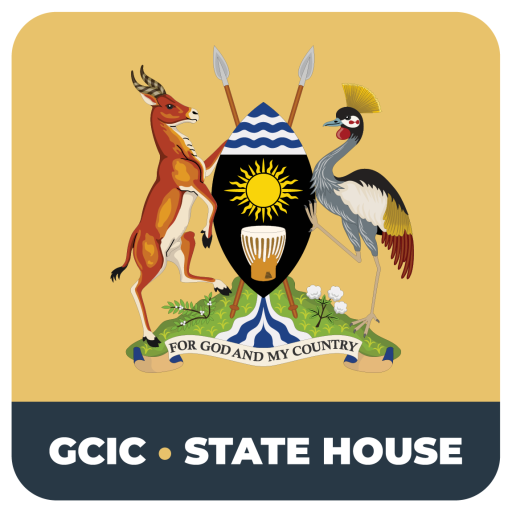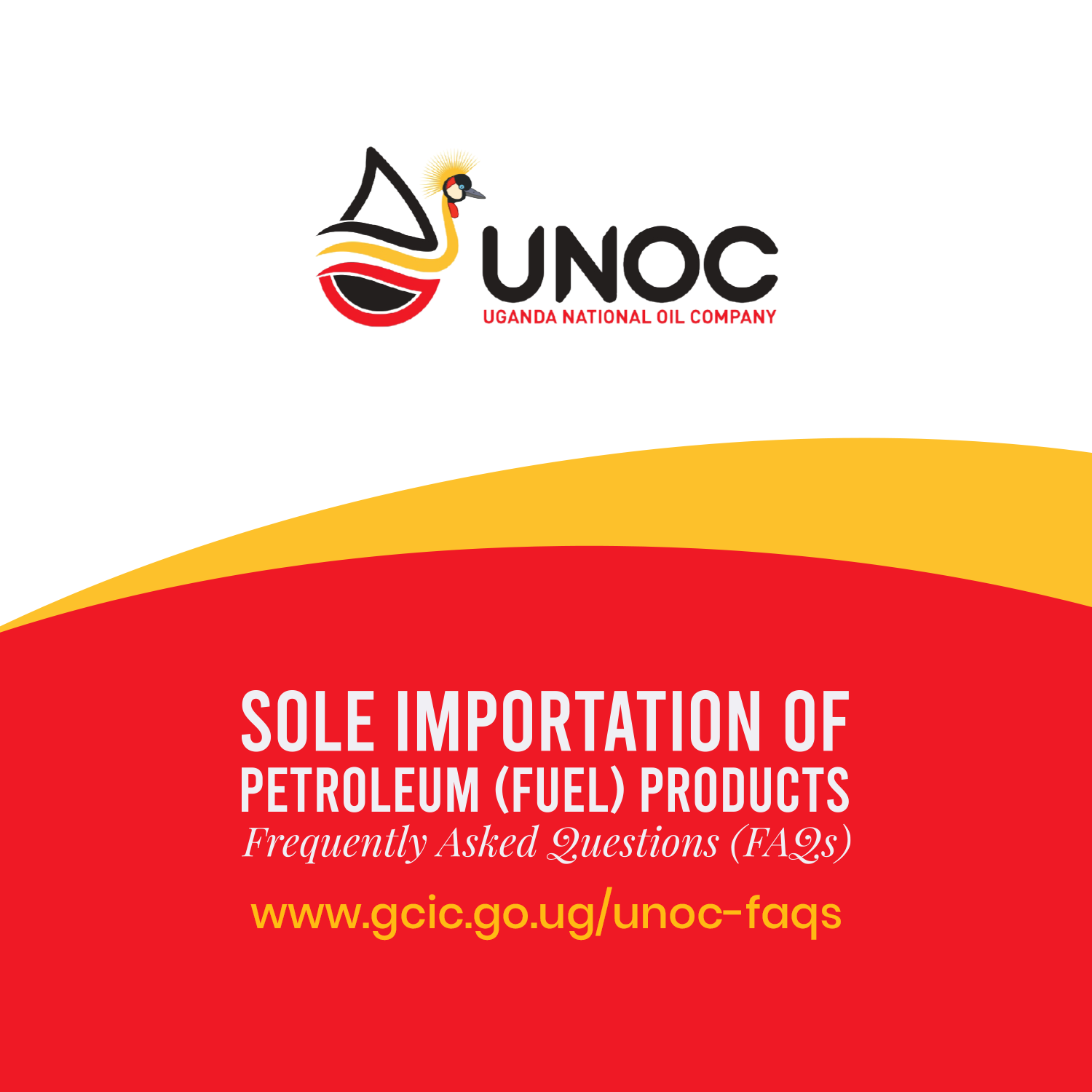Since 2018, the Ministry of Finance, Planning, and Economic Development has been collaborating with civil society organisations under the Budget Transparency Initiatives Framework to promote budget transparency, accountability, efficiency, and citizen participation in service delivery.
Today, the ministry launched the national budget month for FY 2024–25 at the Kampala Serena Hotel, presided over by the Hon. Minister of Finance, Planning, and Economic Development.
Ramathan Ggoobi, Permanent Secretary/Secretary to the Treasury, Ministry of Finance, Planning, and Economic Development, said in accordance with Sections 9(1) and 13(2) of the PFM Act 2015, the process of preparing the budget estimates for FY 2024/25 started in September 2023, involving wide consultations with all stakeholders, including: H.E. the President; Cabinet; Parliament; Civil Society; Ministries and Agencies, which informed the preparation of the budget strategy for FY 2024/25 and theme.
The theme of the budget for FY 2024/25 is: “Full Monetization of the Ugandan Economy through Commercial Agriculture, Industrialization, Expanding and Broadening Services, Digital Transformation, and Market Access.”
The FY 2024/25 budget prioritises key growth drivers like agro-industrialization, tourism, mineral-based industrial development, oil and gas, and science, technology, and innovation, supporting economic growth tenfold, according to the Permanent Secretary.
“The key priority areas in the Budget for FY 2024/25 include: investing in the people of Uganda through human capital development; peace and security; construction of the Standard Gauge and Metre Gauge Railways; investing in wealth creation initiatives such as the Parish Development Model, Emyooga, Agriculture Credit Facility, Microfinance Support Centre, and State House youth support projects; maintenance of the existing infrastructure; science, technology, and innovation to propel the knowledge economy, among others.” Ggoobi said
The National Budget Month will include media appearances, budget readings, post-budget speeches, private sector dialogues, regional dialogues, and conversations with journalists and editors. These events attempt to engage the public in discussions about fiscal and economic issues, as well as budgetary and tax opportunities.
The National Budget Month (NBM) promotes budget openness and accountability in order to improve public-sector efficiency, service delivery, and citizen participation in demanding responsibility.
It also enables citizens, civil society, and stakeholders to contribute to the planning, budgeting, and implementation of government programmes while holding the public sector accountable.
The goals include accounting for public resources spent in FY 2023–24, providing citizens with feedback on tax regimes, popularising the ten-fold growth strategy and fiscal consolidation agenda, allowing citizens to participate in finalising NDPIV, and fostering trust between the government and citizens through increased transparency and open communication.
Meanwhile, the government is developing the NDP IV for FY 2025/26 to FY 2029/30, focusing on economic recovery, wealth creation, and import substitution. Measures include fiscal consolidation, increased domestic revenue mobilisation, and allocative efficiency. The ten-fold economic growth agenda aims to grow the economy from $49.5 billion in FY 2023–2024 to $500 billion in 15 years.





